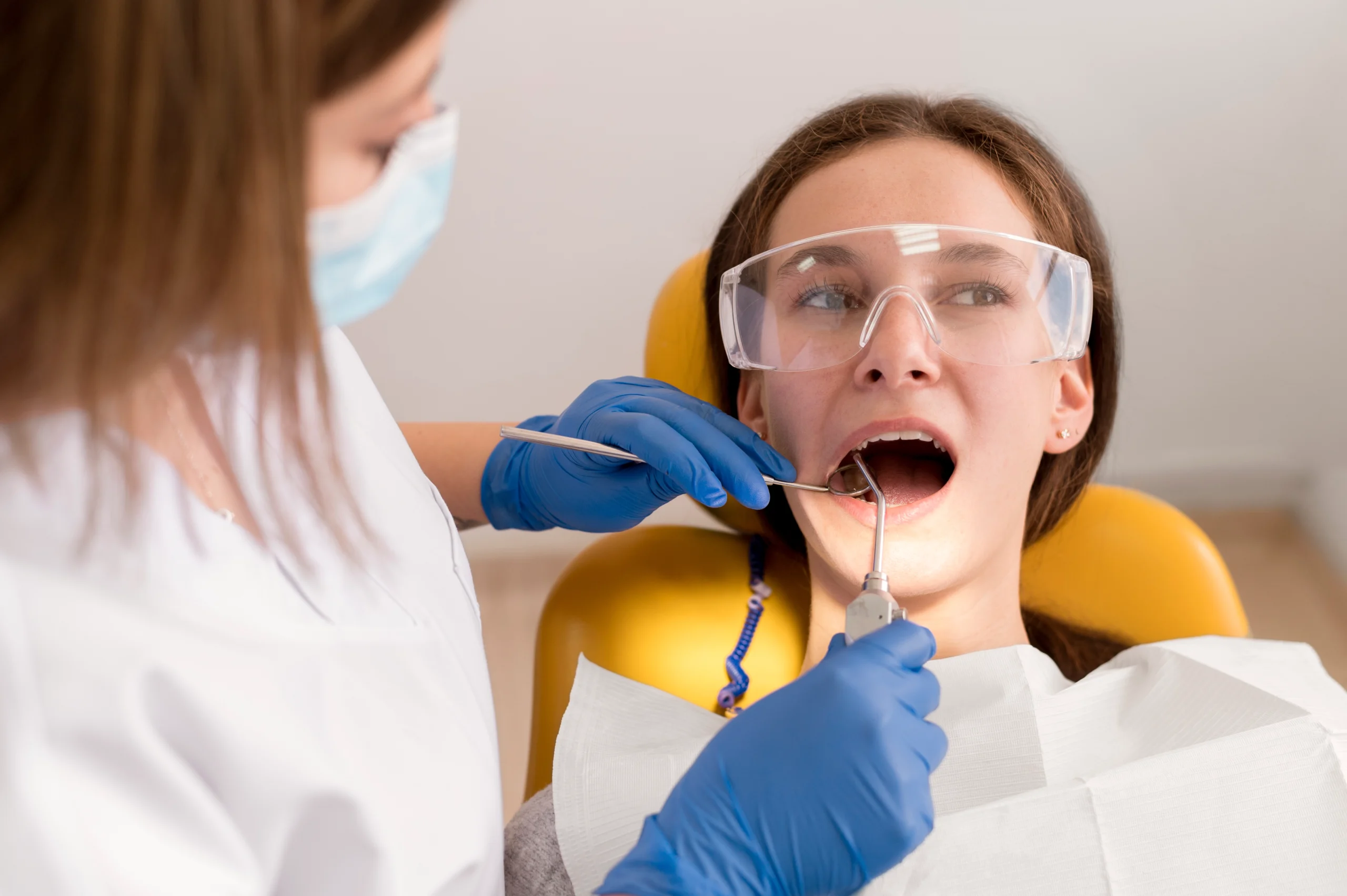Teeth grinding, also known as bruxism, is a condition that affects many people, often without their awareness. You might notice yourself waking up with jaw pain or experience increased tooth sensitivity, but what causes teeth grinding, and how can you prevent long-term damage? In this blog, we’ll explore the underlying causes of bruxism, the impact it can have on your oral health, and the treatment options available to help you manage it.
What is Teeth Grinding?
Teeth grinding is the involuntary clenching or grinding of the teeth, usually occurring during sleep, but it can also happen during the day when people are awake. Sleep bruxism is more common and often harder to detect unless someone else notices the grinding sounds. Over time, this habit can wear down the teeth, cause jaw discomfort, and even lead to headaches or disrupted sleep patterns.
Common Causes
There are several potential causes of teeth grinding, which can vary from one individual to another. Let’s explore some of the key factors:
1. Stress and Anxiety
Stress is one of the most common triggers for bruxism. When you’re stressed, your body may respond by clenching the jaw muscles, especially during sleep. This unconscious grinding can be a way for your body to release built-up tension. Managing stress through relaxation techniques or seeking professional help may reduce or eliminate this habit.
2. Sleep Disorders
Sleep-related issues, such as sleep apnoea, have been linked to teeth grinding. Sleep apnoea occurs when breathing is repeatedly interrupted during sleep, leading to disrupted sleep cycles. This can cause the muscles in your jaw to tense up, leading to grinding. Addressing underlying sleep disorders may help in reducing the incidence of bruxism.
3. Misaligned Teeth
Sometimes, bruxism is caused by an issue with the alignment of your teeth or bite. If your teeth do not meet properly when you close your mouth, it can lead to grinding as your jaw tries to find a comfortable resting position. In such cases, dental treatments like orthodontics can be helpful in correcting the bite and alleviating the problem.
4. Lifestyle Factors
Certain lifestyle choices can increase your risk of teeth grinding. Excessive caffeine consumption, smoking, and alcohol use have all been linked to bruxism. These stimulants can heighten muscle activity and affect the quality of your sleep, making grinding more likely.
5. Medications
Bruxism can also be a side effect of certain medications, particularly those prescribed for depression or anxiety, such as selective serotonin reuptake inhibitors (SSRIs). If you suspect that your medication might be contributing to your teeth grinding, speak to your GP or dentist for advice on managing the side effects.
How is Teeth Grinding Treated?
Fortunately, there are several effective ways to manage and treat teeth grinding. Treatment options will depend on the severity of your bruxism and the underlying causes. Here are some common approaches:
1. Mouthguards or Splints
Wearing a custom-fitted mouthguard at night can protect your teeth from the damage caused by grinding. These devices are designed to cushion your teeth and reduce the pressure from clenching.
2. Stress Management
Since stress is a leading cause of bruxism, adopting stress-relief techniques such as meditation, yoga, or counselling can make a big difference. Learning to manage anxiety and relax before bedtime may help reduce night-time grinding.
3. Treating Sleep Disorders
If your bruxism is linked to sleep apnoea or another sleep disorder, addressing the root cause of your disrupted sleep may alleviate the grinding. Treatments for sleep apnoea, such as CPAP machines, may help you sleep more soundly and reduce jaw tension.
4. Lifestyle Changes
Cutting down on stimulants like caffeine and alcohol, especially in the hours leading up to bedtime, can also reduce the likelihood of teeth grinding. Incorporating healthy habits, like improving your sleep routine, may contribute to better long-term results.
5. Dental Corrections
In cases where misaligned teeth are the cause of bruxism, orthodontic treatments like braces or Invisalign may be recommended to correct the alignment and reduce grinding.
Protecting Your Smile
Whether you’re experiencing teeth grinding at night, jaw tension, or related symptoms, our experienced team is here to help. Patients in New Cross, Biggin Hill, and Wallington can contact us today to schedule a consultation. Visit our contact page or call us directly to start your journey to a healthier, more comfortable smile.













